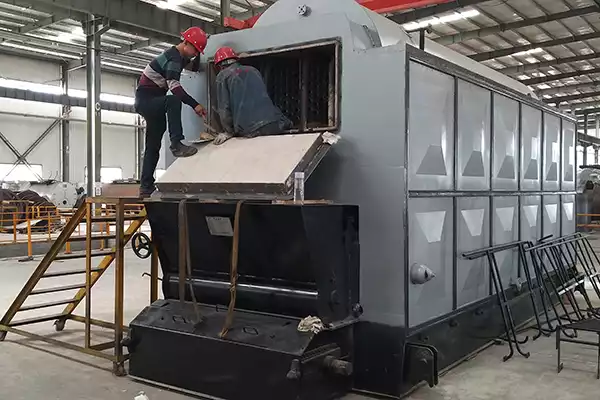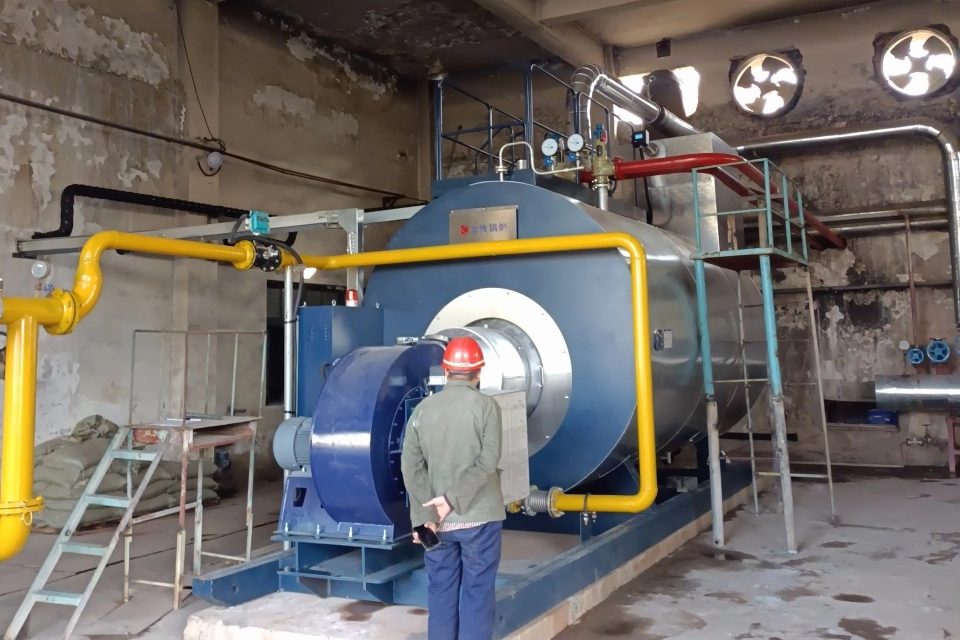Discover why your boiler might be making sudden “pops” or bangs after running—and learn practical boiler maintenance tips like descaling, burner tuning, air bleeding, and flue cleaning to keep it running quietly and efficiently.
After a boiler has been in service for some time, you may hear sudden “popping” or “banging” sounds. Here are the most common causes—and what you can do about them:
Mineral scale on the heat-transfer surfaces
Over time, dissolved minerals in the water form a hard crust on the boiler’s tubes or heating plates. That scale acts like insulation, so heat builds up beneath it until steam pockets form and burst—hence the sharp noise.
-
How to spot it: Hot spots on the boiler’s metalwork, rough or discolored patches, and a dull “thud” when you tap the tubes.
-
What to do boiler maintenance: Schedule a chemical descaling (acid wash), install or service a water-softener/RO unit, and stick to a 3–6-month descaling routine.
Delayed or unstable burner ignition
If fuel and air aren’t mixing properly, pockets of gas or oil can build up in the combustion chamber. When they finally ignite, you get a loud “thwack.” Carbon deposits on the nozzles or mis-set air pressures make the problem worse.
-
How to spot it: Irregular flame color or flickering, black soot around the burner, or frequent ignition retries.
-
What to do boiler maintenance: Clean or replace burner nozzles; adjust air-to-fuel settings; have a burner technician tune and certify the unit annually.
Trapped air and water-hammer in the piping
Air pockets moving through the boiler or high-speed water flow abruptly hitting closed valves can create water-hammer—hammering, knocking or popping echoes.
-
How to spot it: Quieter after you bleed the lines; visible pipe vibration; loose pipe clips.
-
What to do boiler maintenance: Bleed the system regularly (especially after refills), slow the pump or install variable-speed drives, and fit air vents or hammer eliminators where needed.
Flue condensation and carbon flake release
In older or poorly insulated chimneys, acidic condensate can loosen soot and carbon deposits. When those flakes fall off, they crack against hot metal and clap audibly in the flue.
-
How to spot it: Drips or stains in the flue, black oily residues, or hearing the noise up the chimney.
-
What to do: Clean the flue and heat exchanger, boost flue insulation, or upgrade to a condensing-flue recovery system.
Drop in water level or pressure fluctuations
Low water can expose metal surfaces, causing rapid steam flashes and popping. Likewise, overpressure relief valves snapping open will clatter.
-
How to spot it: Erratic gauge readings, frequent safety-valve lifts, or water-level alarms.
-
What to do boiler maintenance: Calibrate and maintain the feed-water regulator, test low-water cutoffs and pressure controls, and repair any leaky fittings.
Ongoing care to prevent “pops”
-
Water treatment: Keep hardness and dissolved solids in check with softeners or pure-water systems.
-
Routine checks: Inspect burners, tubes, controls, and flues every 3–6 months.
-
Professional tune-ups: Have a qualified boiler service copy certify and clean your system once a year.
-
Logbook: Note every odd noise, pressure swing, or maintenance action so you can spot trends before they become loud problems.
By following these steps, most banging or popping noises can be eliminated—and your boiler will run more quietly, efficiently, and safely. If you need help, you can contact our after-sales team via WhatsApp.
Get your best price
Quickly compare 3 FREE quotes
- Engineer quick quote
- The overall delivery speed is fast
- Financial choice
- Low installation costs and cost savings
25 years+ of boiler R&D
More than 20 innovative technologies


